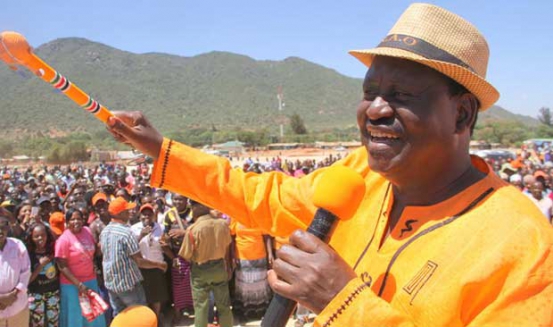×
The Standard e-Paper
Join Thousands Daily

CORD’s push to have the electoral body disbanded has been accompanied by proposals for a more inclusive approach in setting up a new team to manage the 2017 elections.
The Opposition is adamant that the country should not go into the next elections with the Independent Electoral Boundaries Commission (IEBC) as currently constituted, and has in recent days embarked on protests to eject the commissioners from office.